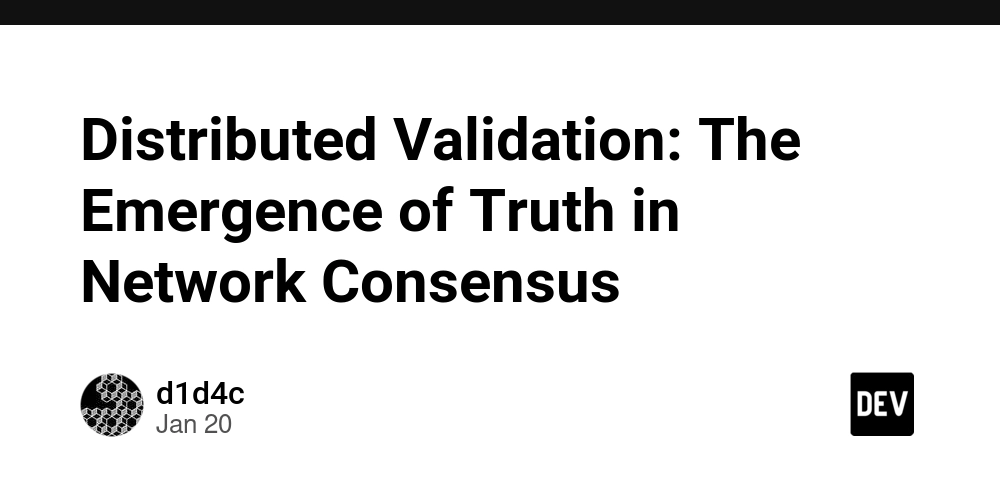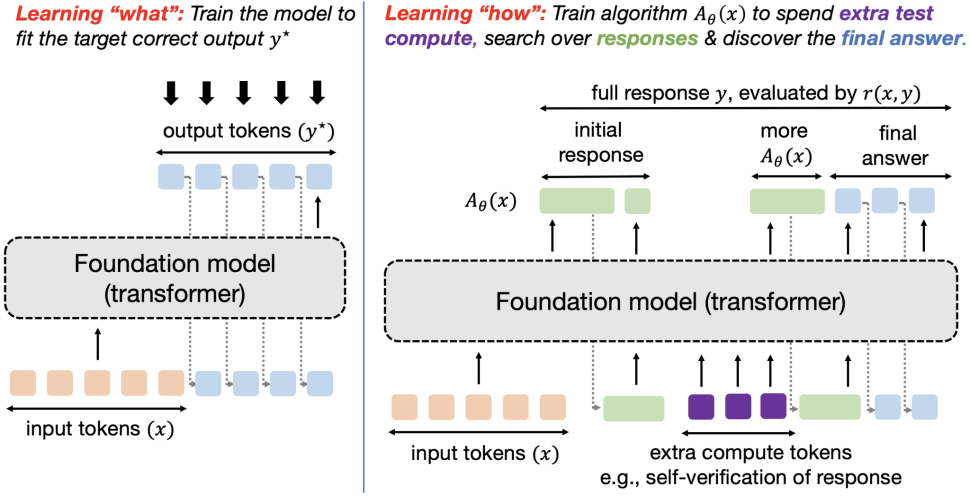Distributed Validation: The Emergence of Truth in Network Consensus
In distributed knowledge systems, truth does not descend from authority but emerges through a complex interplay of network-wide validation processes. This fundamental shift from centralized validation to distributed consensus represents one of the most significant transformations in how we establish and verify knowledge. The essence of distributed validation lies in its multi-nodal nature. Rather than relying on a single authoritative source, knowledge claims are subjected to scrutiny across a diverse network of peers. Each node in this network brings its unique perspective, methodology, and expertise to the validation process. This multiplicity of viewpoints creates a robust verification framework where truth emerges not through decree but through the gradual crystallization of consensus across the network. Peer review networks form the backbone of this validation system, but they operate differently from traditional academic peer review. In a distributed system, review processes occur continuously and organically, with multiple peers simultaneously examining, questioning, and validating knowledge claims. This ongoing scrutiny creates a dynamic validation environment where knowledge is constantly tested against diverse experience and expertise. The strength of distributed validation stems from the multiplicity of verification paths available. Any knowledge claim can be validated through numerous independent routes, each providing its own confirmation of the truth. When multiple paths converge on the same conclusion, it strengthens our confidence in that knowledge. Conversely, when different paths lead to conflicting results, it signals the need for deeper investigation and reconciliation. In this system, conflicting perspectives are not merely tolerated but valued as essential components of the validation process. When different nodes reach contradictory conclusions, these conflicts are not immediately resolved in favor of one view or another. Instead, they are preserved and examined, often leading to deeper insights about the contextual nature of truth or revealing previously unrecognized complexities in our understanding. Trust within this system is not granted by position or authority but earned through consistent, valuable participation in the network. Nodes build reputation through their contributions to the validation process, their ability to provide insightful analysis, and their track record of reliable judgments. This earned trust becomes a crucial factor in the weight given to a node's validation decisions, creating a meritocratic system that rewards genuine expertise and careful analysis. This distributed approach to validation represents a fundamental shift from traditional epistemological frameworks. It acknowledges that truth, particularly in complex domains, often emerges not through single breakthrough discoveries but through the gradual accumulation of validated knowledge across a network of peers. This approach proves particularly valuable in domains where traditional centralized validation struggles, such as in rapidly evolving fields or areas where truth is highly context-dependent. The implications of this validation framework extend beyond mere verification of facts. It creates a more resilient and adaptive system for knowledge validation, one that can more effectively handle uncertainty, complexity, and contextual variation. As our world becomes increasingly interconnected and our challenges more complex, this distributed approach to validation becomes not just valuable but essential for establishing reliable knowledge in a rapidly evolving landscape.

In distributed knowledge systems, truth does not descend from authority but emerges through a complex interplay of network-wide validation processes. This fundamental shift from centralized validation to distributed consensus represents one of the most significant transformations in how we establish and verify knowledge.
The essence of distributed validation lies in its multi-nodal nature. Rather than relying on a single authoritative source, knowledge claims are subjected to scrutiny across a diverse network of peers. Each node in this network brings its unique perspective, methodology, and expertise to the validation process. This multiplicity of viewpoints creates a robust verification framework where truth emerges not through decree but through the gradual crystallization of consensus across the network.
Peer review networks form the backbone of this validation system, but they operate differently from traditional academic peer review. In a distributed system, review processes occur continuously and organically, with multiple peers simultaneously examining, questioning, and validating knowledge claims. This ongoing scrutiny creates a dynamic validation environment where knowledge is constantly tested against diverse experience and expertise.
The strength of distributed validation stems from the multiplicity of verification paths available. Any knowledge claim can be validated through numerous independent routes, each providing its own confirmation of the truth. When multiple paths converge on the same conclusion, it strengthens our confidence in that knowledge. Conversely, when different paths lead to conflicting results, it signals the need for deeper investigation and reconciliation.
In this system, conflicting perspectives are not merely tolerated but valued as essential components of the validation process. When different nodes reach contradictory conclusions, these conflicts are not immediately resolved in favor of one view or another. Instead, they are preserved and examined, often leading to deeper insights about the contextual nature of truth or revealing previously unrecognized complexities in our understanding.
Trust within this system is not granted by position or authority but earned through consistent, valuable participation in the network. Nodes build reputation through their contributions to the validation process, their ability to provide insightful analysis, and their track record of reliable judgments. This earned trust becomes a crucial factor in the weight given to a node's validation decisions, creating a meritocratic system that rewards genuine expertise and careful analysis.
This distributed approach to validation represents a fundamental shift from traditional epistemological frameworks. It acknowledges that truth, particularly in complex domains, often emerges not through single breakthrough discoveries but through the gradual accumulation of validated knowledge across a network of peers. This approach proves particularly valuable in domains where traditional centralized validation struggles, such as in rapidly evolving fields or areas where truth is highly context-dependent.
The implications of this validation framework extend beyond mere verification of facts. It creates a more resilient and adaptive system for knowledge validation, one that can more effectively handle uncertainty, complexity, and contextual variation. As our world becomes increasingly interconnected and our challenges more complex, this distributed approach to validation becomes not just valuable but essential for establishing reliable knowledge in a rapidly evolving landscape.





















